CUEB Convenes Press Conference on Report of "Synthetization of Three Macro Policies" Index of the First Three Quarters of 2023 and Outlook for Macro Policies
On October 30, CUEB convened press conference on the Report of “Synthetization of Three Macro Policies (namely, the integration of stabilization policy, growth policy and strategic policy) Index of the First Three Quarters of 2023 and Outlook for Macro Policies (hereafter the Report). This conference was hosted by CUEB and organized by the School of Economics and Office of Research. Many experts and scholars attended this meeting. They were Liu Wei, the former President of Renmin University of China, Wu Weixing, Deputy Party Secretary and President of CUEB and Yang Ruilong, a first-class professor of Renmin University of China, together with Zhang Xiaojing, the Director of Institution of Finance & Banking of Chinese Academy of Social Sciences, Mo Wangui, Vice Director of Institution of Finance & Banking of The People’s Bank of China, and Chen Yanbin, Standing Committee of the Party Committee and Vice President of CUEB. Zhang Yan, the chief editor of Theory Department of Guangming Daily, and Yang Chunxue, Director of CUEB Academic Committee, were also at present. This forum attracted much attention from 10 or more media, including People’s Daily, Xinhua News Agency, Guangming Daily, Guangming Net, as well as China Economic Net. Meanwhile, China.Org.cn, China News Service, Economic Information Daily, China Economic Times and China Education Network Television also paid much attention to it. This conference was presided by Zhao Jiazhang, Deputy Dean of School of Economics of CUEB.
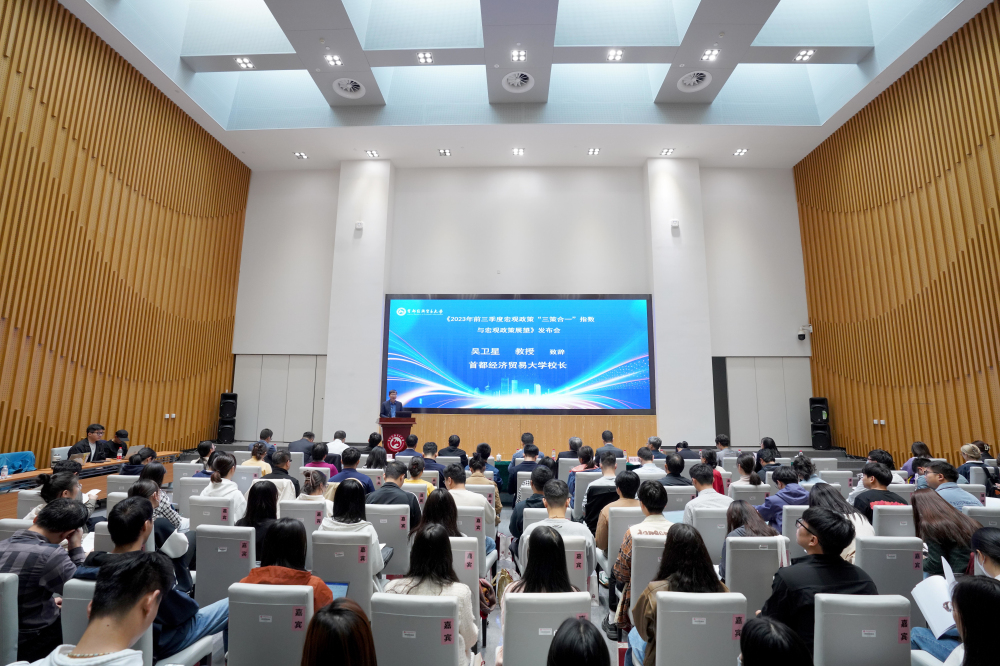
CUEB Party Secretary Wang Wenju exchanged views with the participants. He expressed a warm welcome to all participants and introduced the disciplinary construction and advancement in recent years.
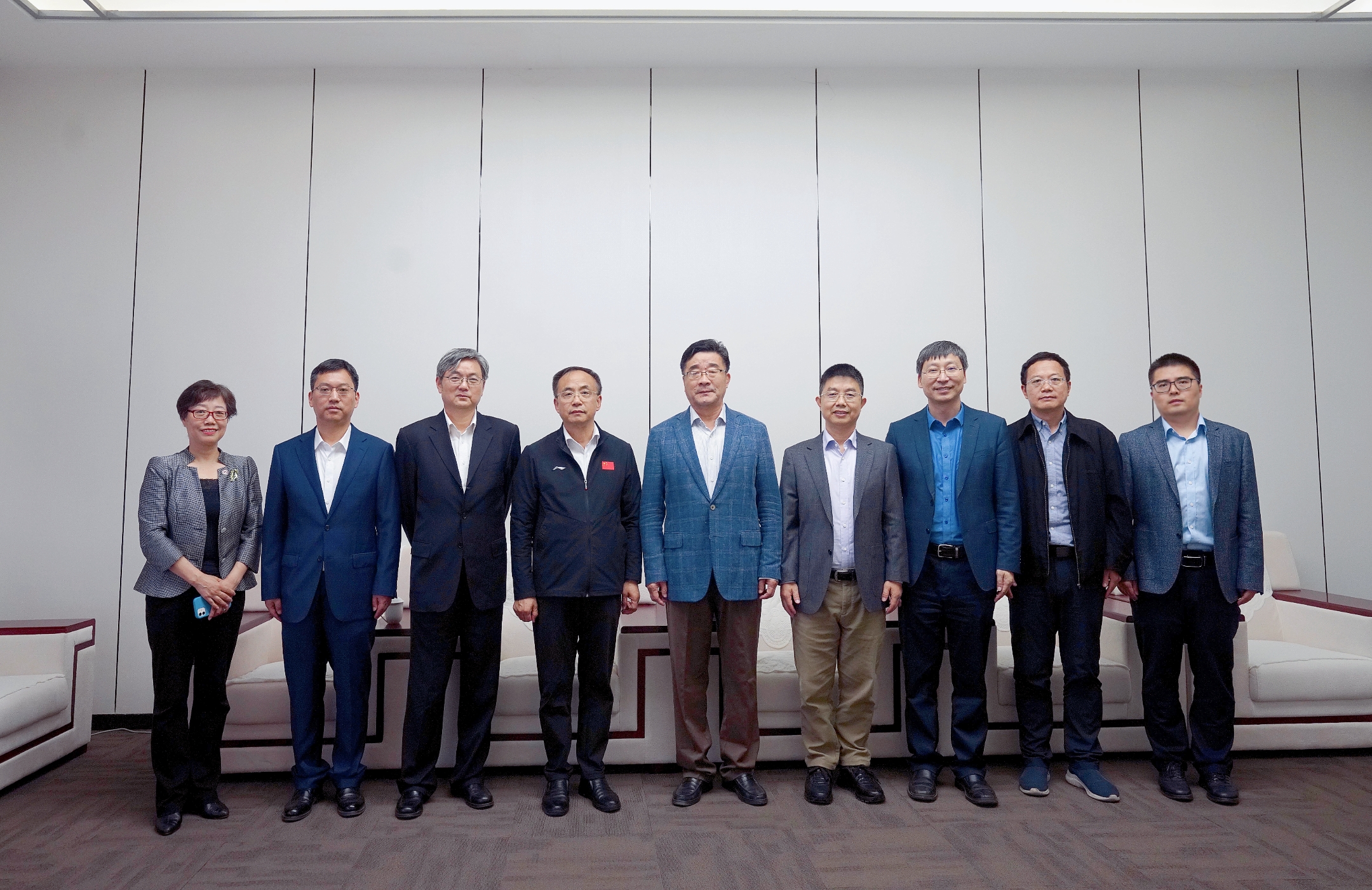
Wu Weixing extended a warm welcome and expressed gratitude for the participants’ continuous support. Then, he briefed the school history and disciplinary advantages. He pointed that as we stand at the new starting point to build a moderately prosperous society in an all-round way, it is important for us to innovate and improve macro-economic control with Chinese characteristics and upgrade macro-economic governance system. These can promote stable economic growth and increase its quality and quantity.
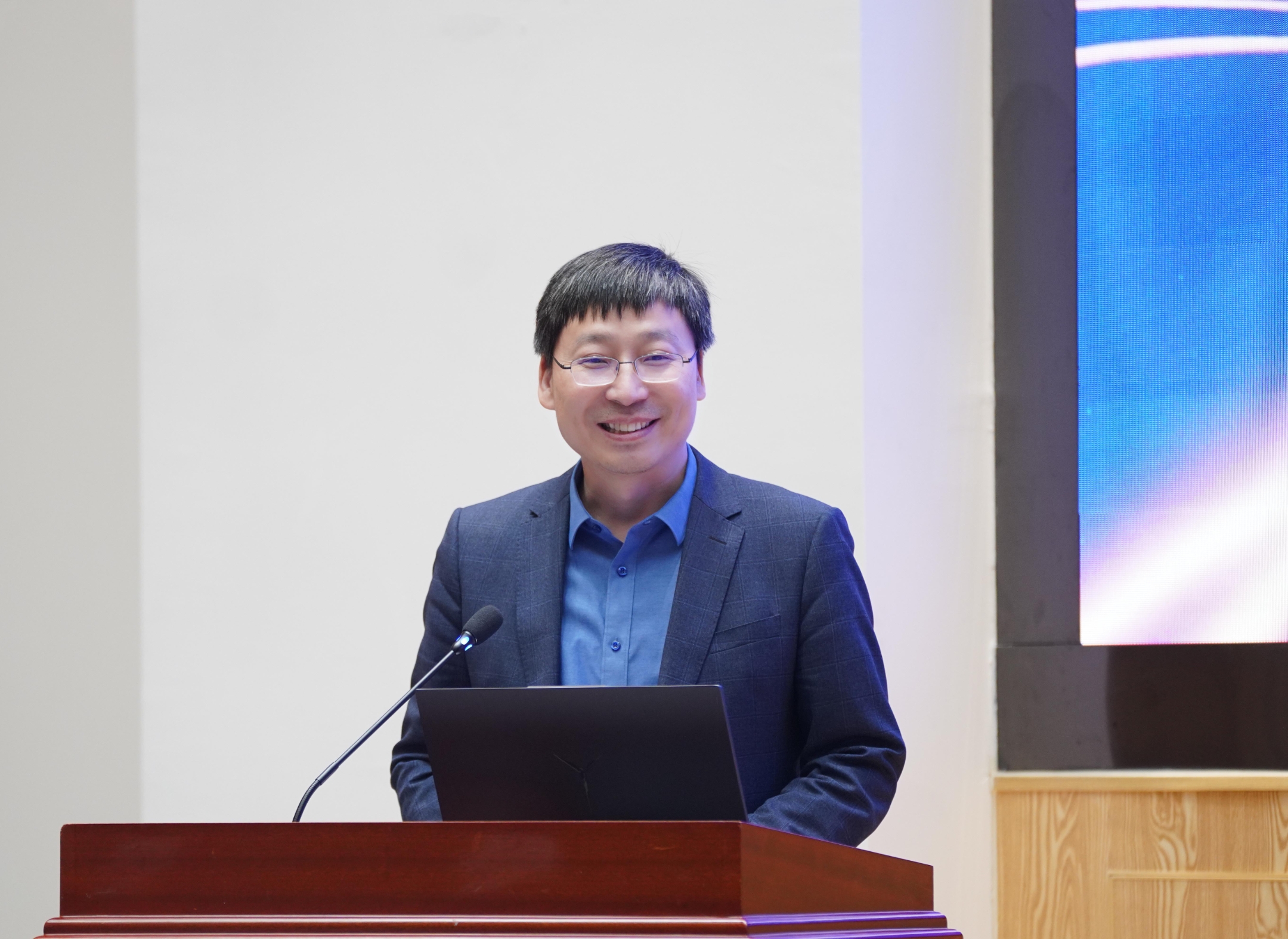
Professor Chen Yanbin, who led his team, released the Report, and based on it, he forecasted the outlook of macro economy, which can help to apply China’s practical experience to global macroeconomic governance with Chinese wisdom and solutions and implement the spirit of the Party’s 20th National Congress. It measured the index systematically based on his theory. The Report reviewed the situation of macro economy and comprehensively assessed its implementation and regulation effect with a focus on short-term economic stabilization, long-term economic growth, and economic structural improvement. Chen first interpreted the core of his theory—to integrate stabilization policy, growth policy and strategic policy into a framework, which aims to achieve the consistency of real growth rate, long-term potential growth rate and stable potential growth rate under the optimal economic structure. Therefore, we can keep stable economy in short terms and achieve long-term growth. Instead of focusing only on output gap, the theory overcame traditional macro-control limitations by taking potential growth rate and potential growth gap within a reasonable level into account. Then, Chen, focusing on the output gap and potential growth gap, evaluated the development of macro economy. In the first three quarters of this year, China’s economy enjoyed relatively high growth, which has been constant with expanding economic aggregate while improving growth quality. However, the output gap and potential growth gap both showed negative growth, indicating a demand-supply imbalance. Based on it, Chen created a systematical evaluation on the implementation and effects of stabilization policy, growth policy and structural policy with the policy efforts index, policy space index, policy efficiency index, and a lopsided economic structure index. At last, Chen proposed specific recommendations. In terms of policy target, he proposed to raise the 2024 economic growth target above 5%, higher than the “about 5%” target set by government work report in 2023. This can release a more positive signal of steady growth. Additionally, we should close output and potential growth gaps to achieve a more dynamic economic balance. In terms of policy implementation, he introduced “‘Synthetization of Three Macro Policies’ plus reform” program. We can better address the pressures of economic downturn with both macro control and micro market operations. Professor Chen also provided detailed advice in terms of monetary policy, fiscal policy, and budget deficit.
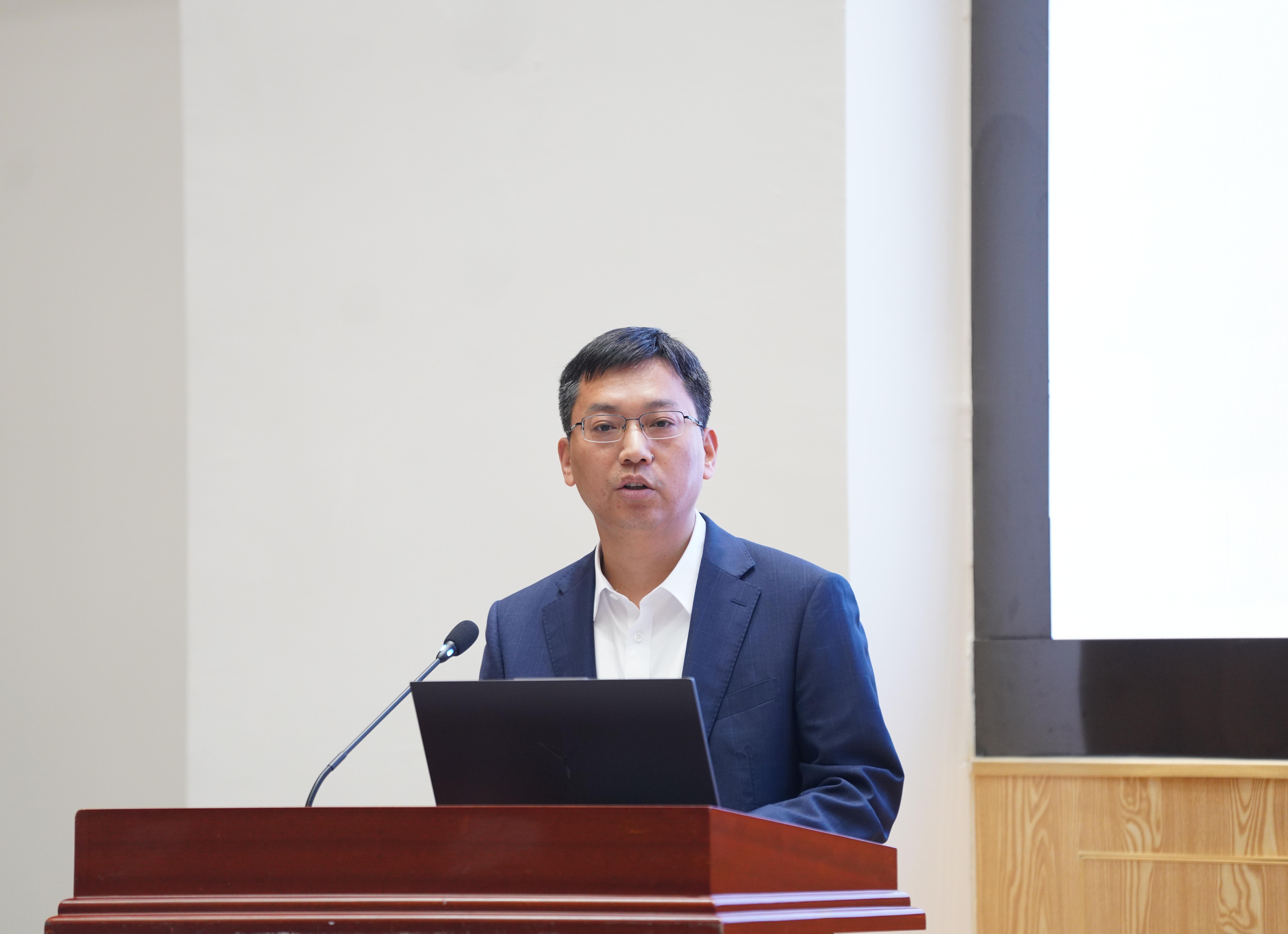
During the keynote address, Liu Wei said that the economic theory is original based on Chinese practice. The theory has an analytical system and logic framework which relate to each other based on the conclusion of basic concepts and research fields. It contributes a lot to building the autonomous knowledge system of macro-economic theory with Chinese characteristics that deserves study. Liu believed that, based on China’s economic growth and macro control, China, as a developing country, should specially set its target on macro-economic governance and pay attention to economic restructuring. Therefore, the research on macro policy must be closely linked to economic restructuring and economic growth model. Chen’s theory is of great reference significance from this perspective.
Yang Ruilong commended Chen Yanbin’s team and said that the “Synthetization of Three Macro Policies” theory was very original for it applied the “Grand Macro” theory proposed 10 years ago. Yang then delivered a speech titled “Innovation-Driven Development of High-quality Economy”. He pointed that the key to implementing high-quality development was to improve innovative capacity. The application of innovative technologies changed old production factors. Aside from that, we should focus on system innovation and accelerate the integration of innovation and industries. As different links in the innovation chain are positioned differently by the government and market, there is a need to synergize efforts according to innovation activities. Additionally, we should also put a strong emphasis on the role of entrepreneurs.
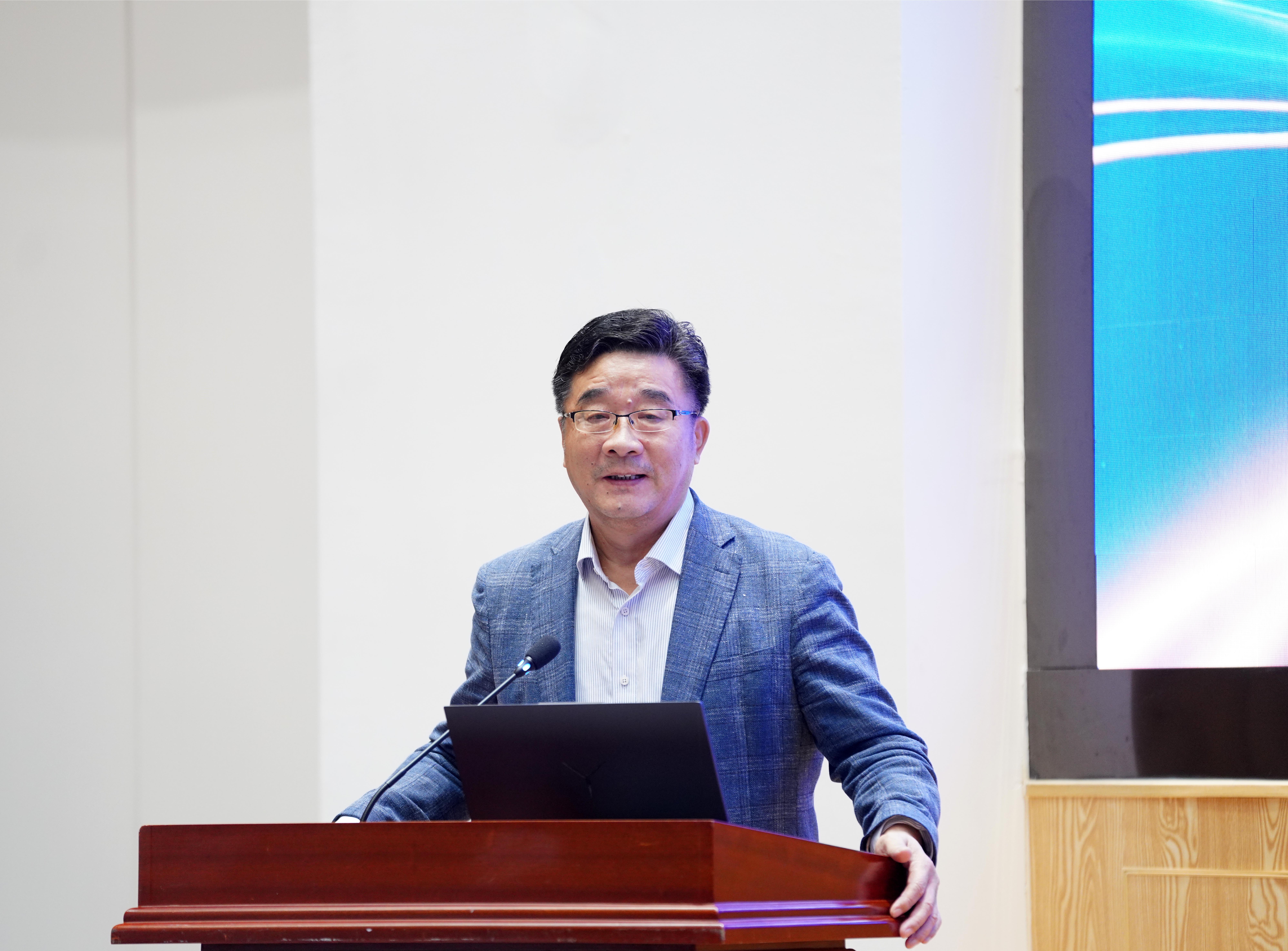
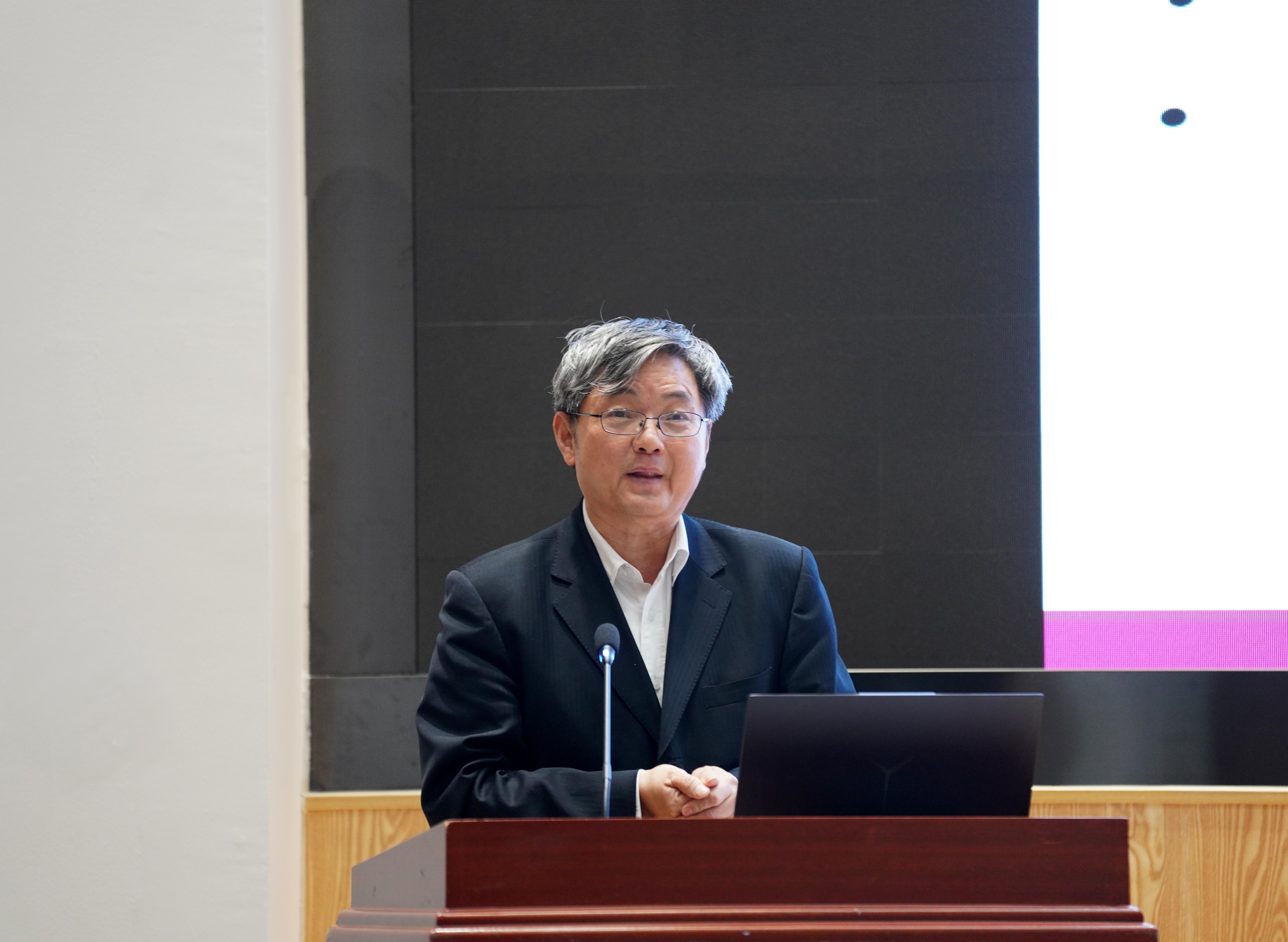
Zhang Xiaojing pointed that China’s macro control theory currently lags practice and the theory of “Synthetization of Three Macro Policies” makes an innovative contribution. Zhang analyzed the role of the three macro polices in mainstream economic theory, emphasizing the importance of structural policy. Based on our country’s practice, he considered that research needs to focus on issues featuring Chinese characteristics. Clear development plans, concentrated and intensive policies, and easy-to-practice policies can quickly reverse anticipation, assisting China’s future economic growth and attainment of long-term targets.
Mo Wangui stated that the theory provides great perspective for capable government and effective market. From the supply side, demand side and inflation, Mo assessed the macroeconomic conditions and his conclusion was aligned with that of the Report. Mo pointed out that by focusing on the measurement of potential growth rate and targeting at the changes in environment, we can reasonably increase some measure indicators. At the same time, issues on further clarifying the boundary between government and market, more effectively tracking changes in public expectations, the behavior of micro-entities and macro-economic trends necessitated research.
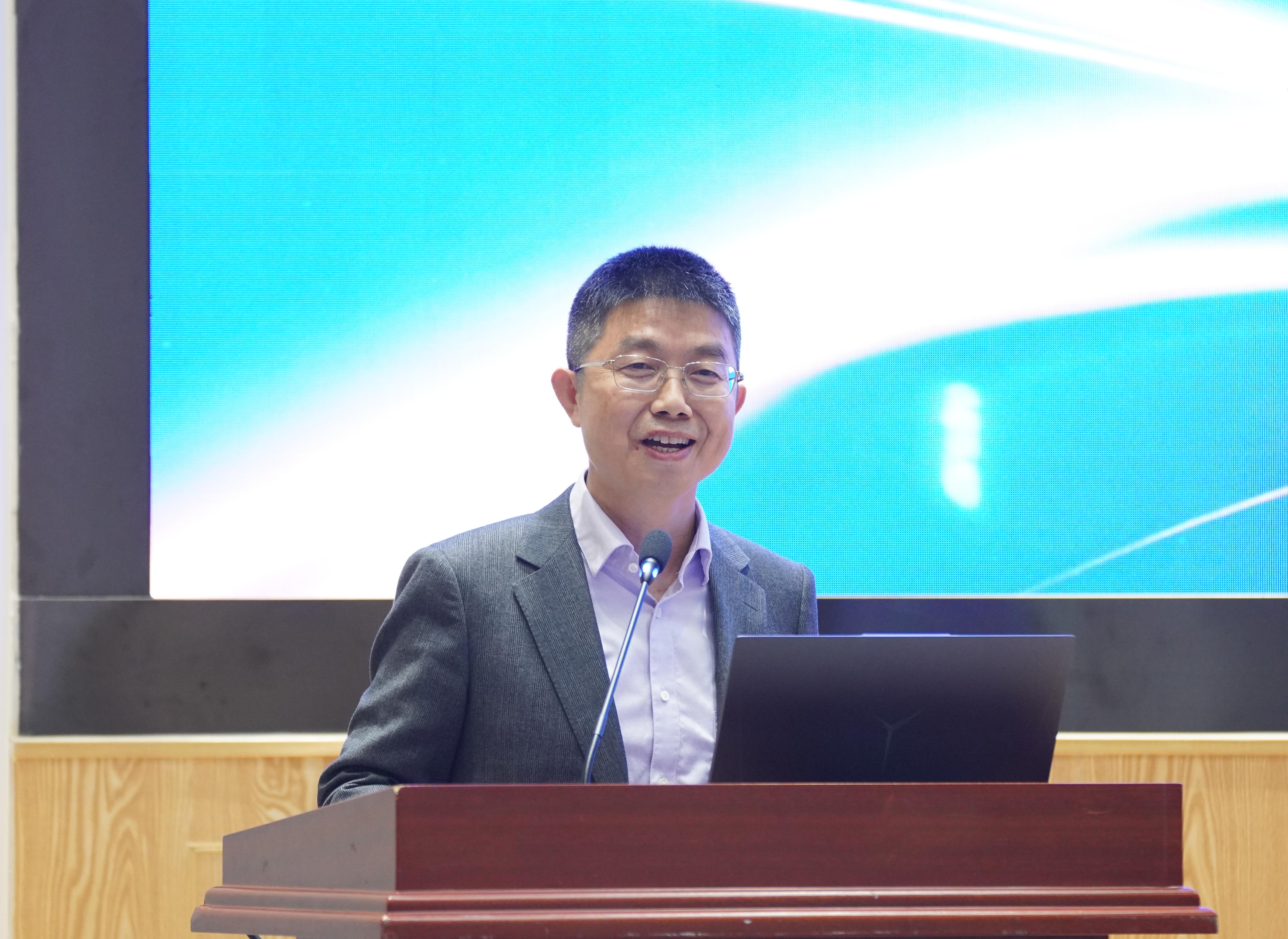
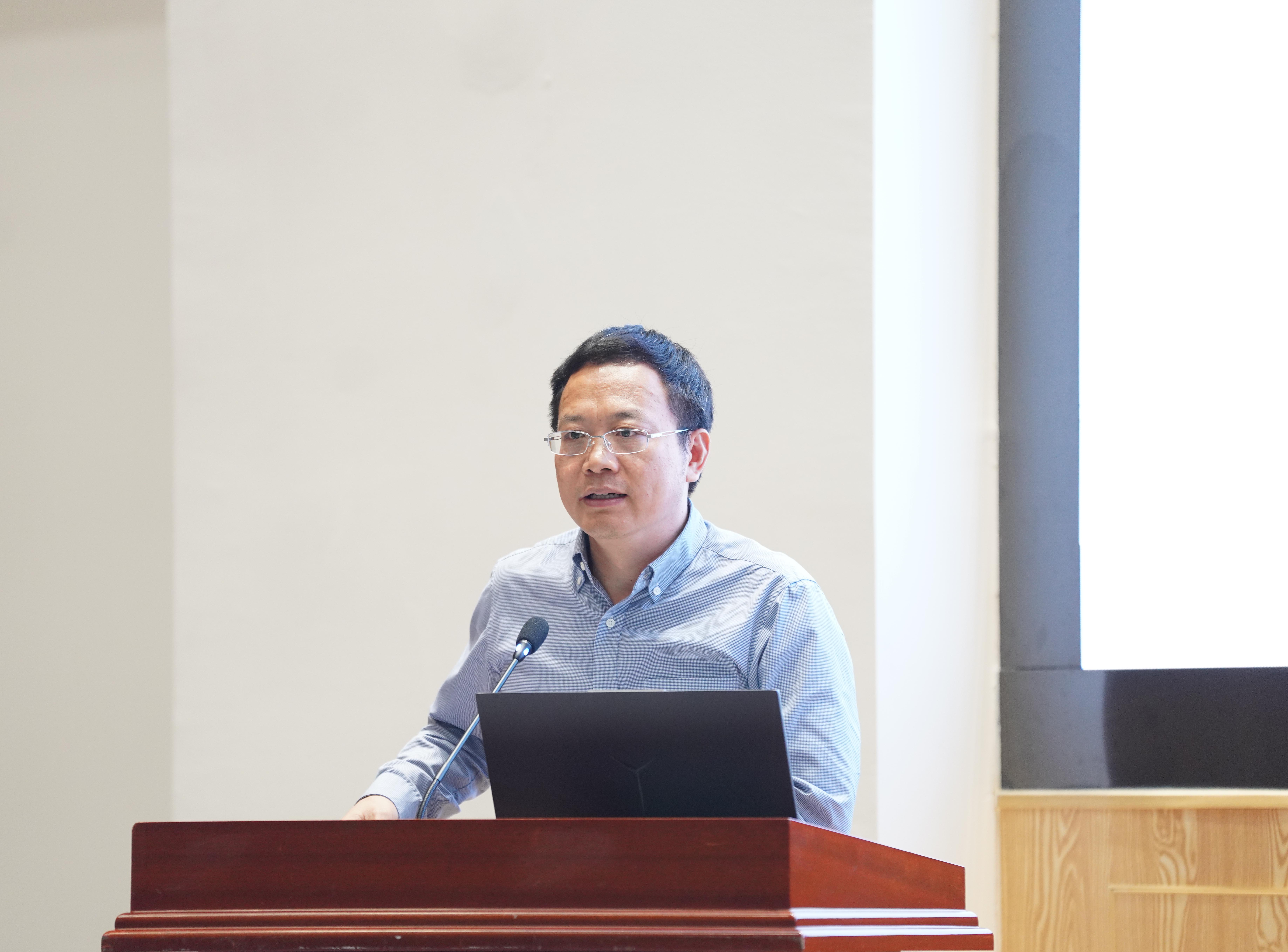
Yang Chunxue emphasized that Chen’s theory was profound and he tried to solve problems of fluctuation, growth, and structure in a unified framework. This theory is of great innovation and should spark in-depth discussion in academia. Yang proposed that we could further develop the theory by learning from the ideas and modelling methods of the real business cycle theory. We can also pay much attention to the types and targets of structural policy and use reasonable structural policies to ensure macroeconomic stability. Meanwhile, we can promote the development of open macro economies to bring forth more achievements.
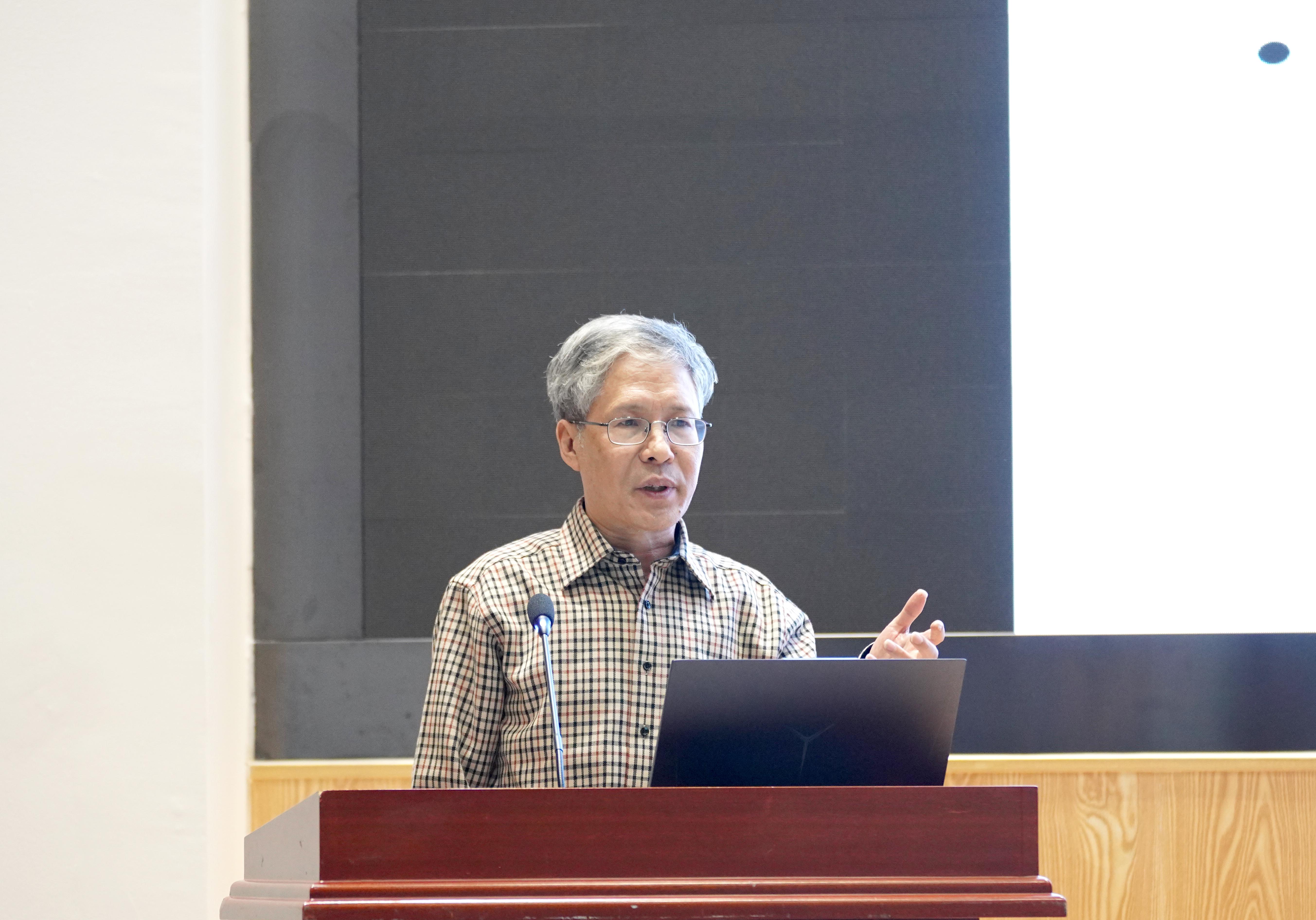
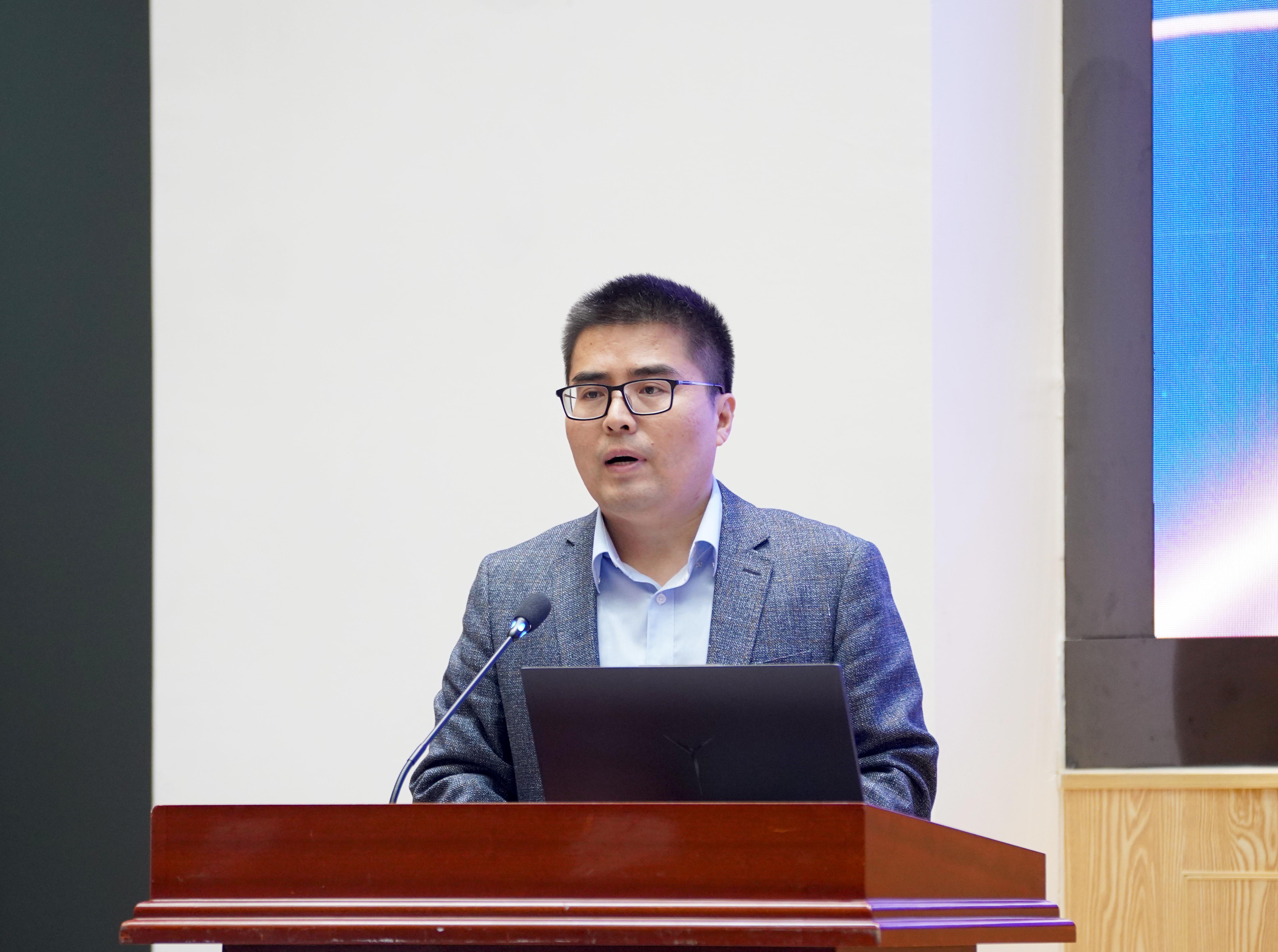
The Report was released on Guangming Net and “Synthetization of Three Macro Policies” Wechat account on October 30, which was also reported by the media, arousing much attention from the society.
